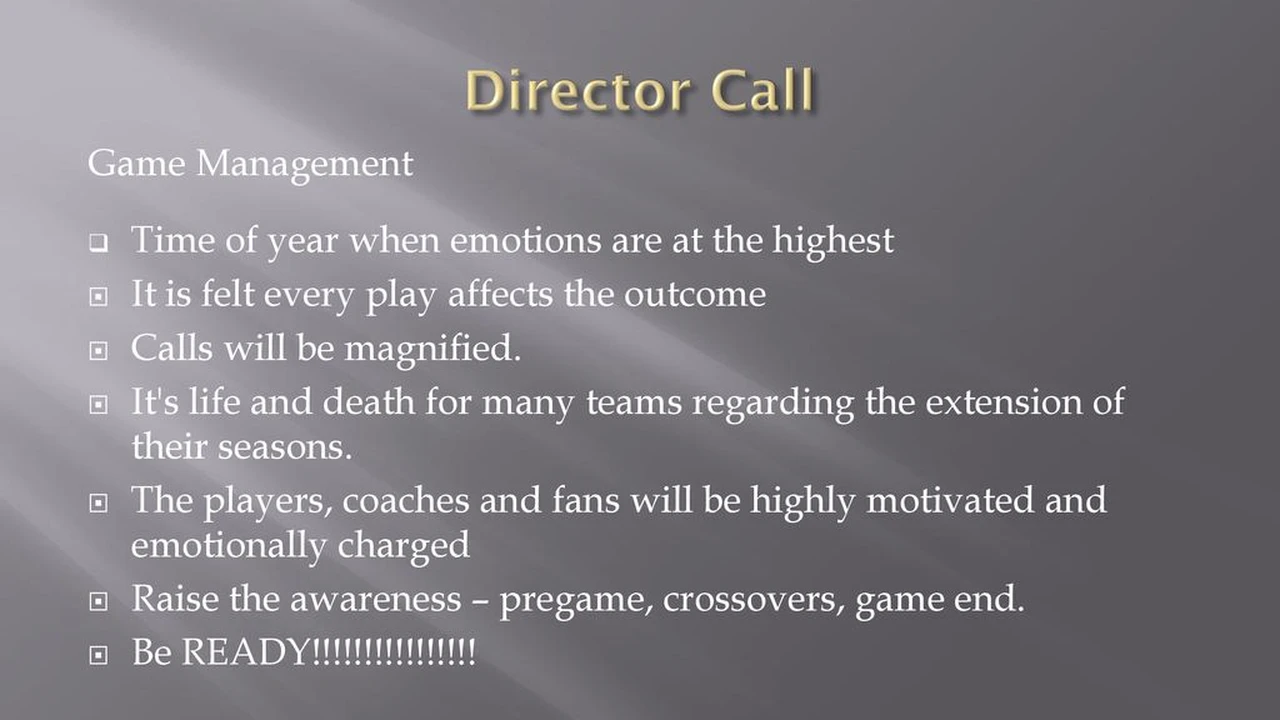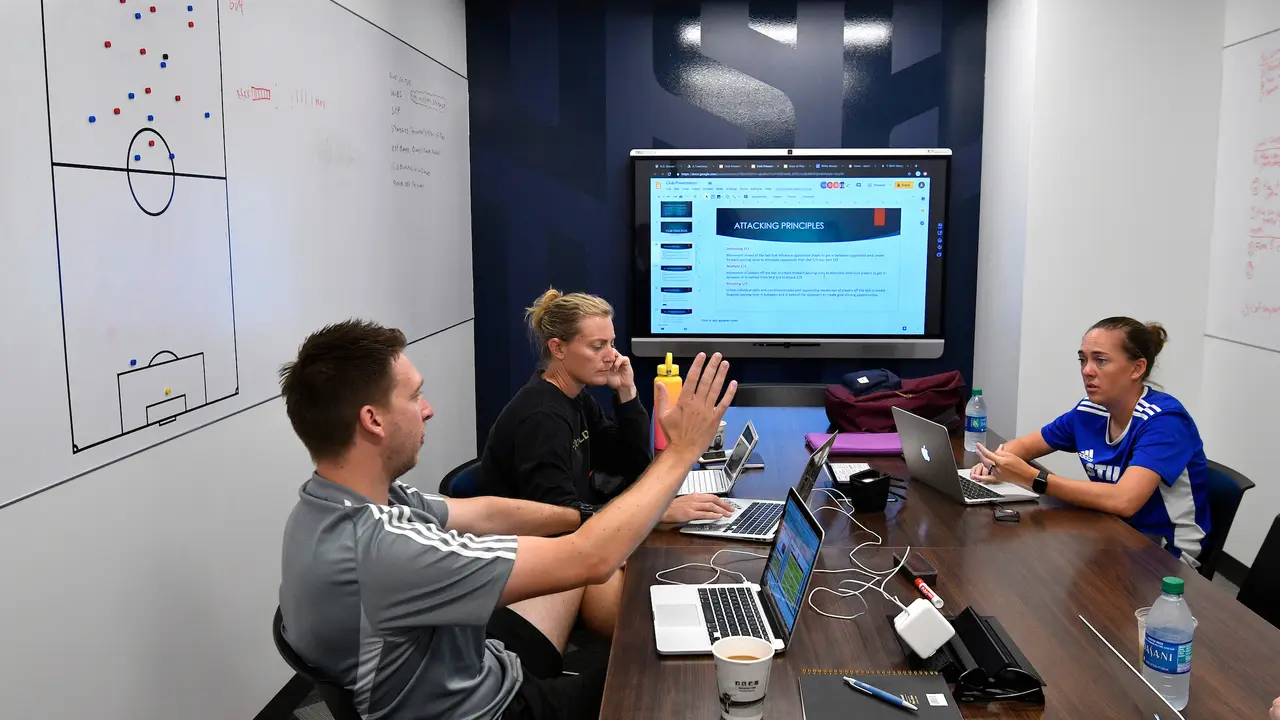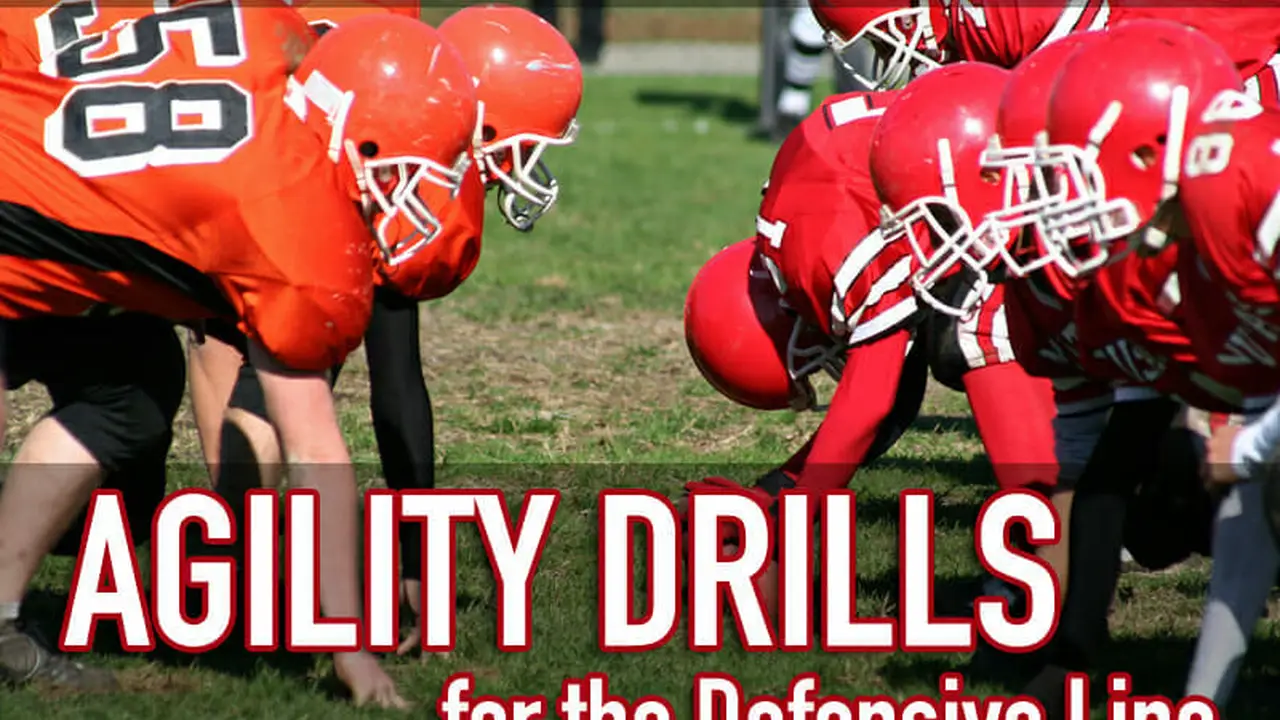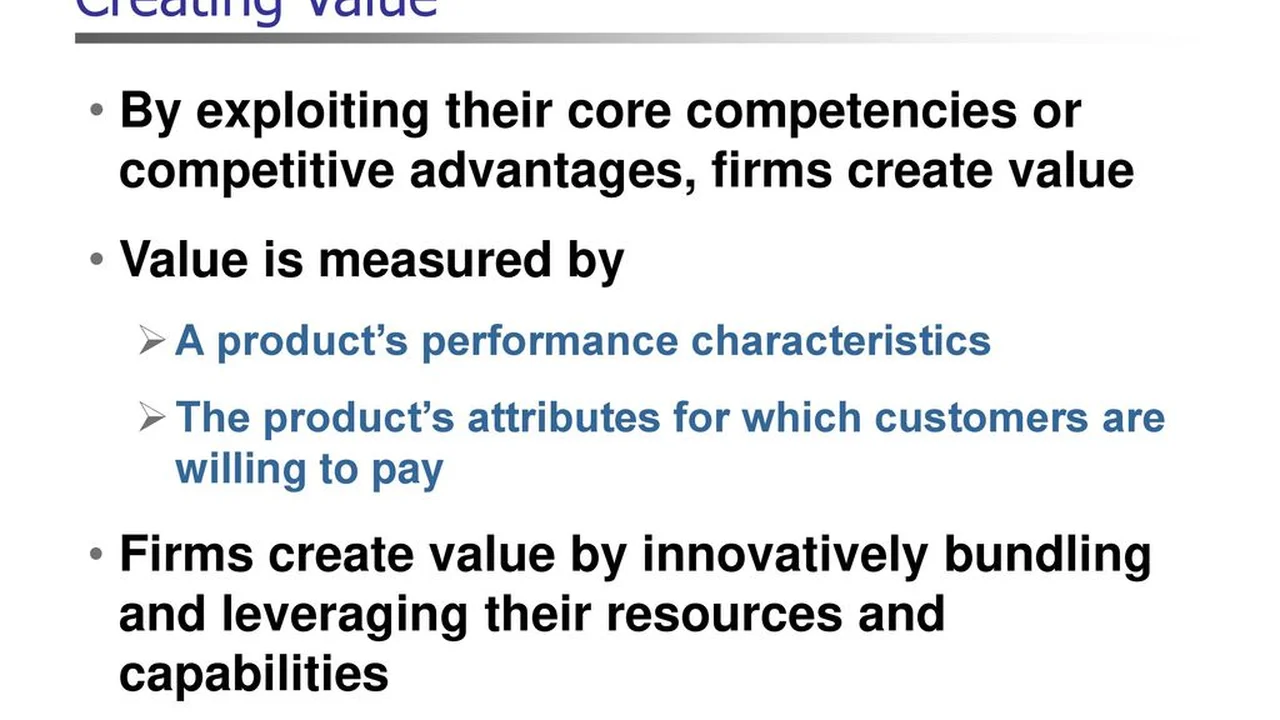Game Management_ Time and Score Awareness

Understanding Game Management in Basketball A Comprehensive Overview
Game management in basketball is a crucial aspect that often separates good teams from great teams. It's not just about calling plays; it's about understanding the flow of the game, making smart decisions under pressure, and leveraging time and score to your advantage. This involves a deep understanding of basketball IQ, strategic thinking, and the ability to adapt to changing circumstances.
Think of it like this: you're the conductor of an orchestra, and the players are your instruments. You need to know when to play loud, when to play soft, and when to change the tempo. Effective game management can swing momentum, close out tight games, and ultimately lead to more wins. Let's dive into the key elements of mastering this vital skill.
Time Management in Basketball Strategic Clock Manipulation
Time management is arguably the most fundamental element of game management. It's about understanding the game clock and using it to your advantage. Whether you're trying to run out the clock with a lead or conserve time when trailing, strategic clock manipulation is essential.
Here's the deal: when you're ahead, you want to slow the game down. This means running deliberate offensive sets, taking your time to get a good shot, and avoiding turnovers. Conversely, when you're behind, you need to speed things up. This involves pressing on defense, looking for quick scores, and using timeouts wisely.
A great example of time management is the "four corners" offense. This strategy, designed to protect a lead, involves spreading the floor and passing the ball around to run down the clock. While it's not always the most exciting tactic, it can be incredibly effective in late-game situations.
Score Awareness in Basketball Making Informed Decisions
Score awareness goes hand in hand with time management. It's about understanding the point differential and how it impacts your decision-making. Are you up by one with 10 seconds left? Are you down by three with a minute to go? These scenarios require vastly different approaches.
If you're up by a small margin in the closing seconds, your primary goal is to avoid fouling and prevent the opponent from getting a good shot. This might mean playing tight defense, forcing them into a difficult shot, and boxing out aggressively. On the other hand, if you're down by a significant amount, you might need to take risks, such as fouling to stop the clock and hoping for missed free throws.
Knowing the score also influences your shot selection. If you're down by one with time running out, a two-point shot might be the smarter option than a three-pointer, as it guarantees you at least a tie. Conversely, if you're down by four with limited time, a quick three is often your best bet.
Timeout Usage Maximizing Opportunities
Timeouts are valuable resources that should be used strategically. They can be used to stop momentum, draw up a crucial play, or give your players a breather. However, overuse or misuse of timeouts can be detrimental to your team's chances.
A good coach knows when to call a timeout to disrupt an opponent's run or to give his team a chance to regroup after a series of mistakes. Timeouts can also be used to ice a free-throw shooter or to set up a specific play in a late-game situation.
However, it's important to avoid calling timeouts unnecessarily. Holding onto a timeout until the final seconds of a close game can give you a significant advantage, allowing you to draw up a play and potentially win the game with a last-second shot.
Foul Management Avoiding Unnecessary Fouls
Foul management is another critical aspect of game management. Players need to be aware of their foul count and avoid committing unnecessary fouls, especially in crucial situations. A key player fouling out of the game can significantly impact your team's chances of winning.
Coaches also need to be mindful of team fouls and adjust their defensive strategy accordingly. When your team is in the penalty, every foul results in free throws for the opponent. This can be particularly damaging in late-game situations, as it allows the opponent to extend their lead or catch up quickly.
Teaching players to defend without fouling is essential. This involves emphasizing proper footwork, positioning, and hand placement. It also means teaching them to recognize when to back off and avoid making a risky play.
Player Substitution Strategic Roster Management
Player substitution is a key tool for managing fatigue, addressing mismatches, and providing a spark off the bench. A good coach knows how to effectively utilize his bench to keep his players fresh and to exploit weaknesses in the opponent's lineup.
Substitutions can be used to change the tempo of the game, introduce different skill sets, or provide a defensive boost. For example, bringing in a defensive specialist can help shut down a key offensive player, while inserting a sharpshooter can provide a scoring boost when your team is struggling.
It's also important to manage player fatigue. Overplaying your starters can lead to decreased performance and increased risk of injury. Using your bench effectively can help keep your starters fresh and allow them to perform at their best when it matters most.
Analyzing Opponent Tendencies Gaining a Competitive Edge
Understanding your opponent's tendencies is crucial for effective game management. This involves scouting reports, film study, and observing their behavior during the game. By identifying their strengths and weaknesses, you can develop a game plan that maximizes your team's chances of success.
For example, if you know that a particular player struggles to shoot from the left side of the court, you can adjust your defensive strategy to force him to take those shots. Similarly, if you know that a team tends to run a certain play in a specific situation, you can prepare your defense to anticipate and disrupt it.
Analyzing opponent tendencies is an ongoing process. You need to constantly adjust your game plan based on what you're seeing on the court. This requires keen observation, quick thinking, and the ability to make adjustments on the fly.
Adjusting to Game Flow Adapting to Changing Circumstances
No two basketball games are exactly alike. The flow of the game can change rapidly, with momentum swings and unexpected events. A good coach needs to be able to adapt to these changing circumstances and make adjustments to his game plan as needed.
This might involve changing your offensive or defensive strategy, making substitutions, or calling timeouts to disrupt the opponent's momentum. It also requires being able to stay calm and focused under pressure, and to make smart decisions in the heat of the moment.
The ability to adjust to game flow is a sign of a seasoned coach. It requires experience, knowledge, and a deep understanding of the game. It's also about being able to communicate effectively with your players and to instill confidence in them, even when things aren't going your way.
Communication is Key Effective Team Interaction
Clear and effective communication is essential for successful game management. Coaches need to be able to communicate their strategies and expectations to their players, and players need to be able to communicate with each other on the court. This involves both verbal and nonverbal communication, as well as a strong sense of trust and understanding.
Coaches should use timeouts and huddles to clearly explain their game plan and to provide feedback to their players. Players should communicate with each other on the court to coordinate their movements and to anticipate each other's actions.
Effective communication also involves listening. Coaches need to listen to their players and to understand their perspectives. Players need to listen to their coaches and to follow their instructions. By fostering a culture of open communication, teams can improve their performance and achieve their goals.
Mental Toughness Staying Focused Under Pressure
Basketball is a game of mental toughness. Players need to be able to stay focused and composed under pressure, especially in close games. This involves having a strong belief in yourself and your team, and the ability to bounce back from mistakes and adversity.
Coaches can help develop mental toughness in their players by creating a positive and supportive environment, by challenging them to push their limits, and by teaching them how to cope with stress and pressure. It's also important to emphasize the importance of preparation and attention to detail. The more prepared you are, the more confident you'll be when the game is on the line.
Mental toughness is not something that you're born with. It's a skill that can be developed over time through hard work and dedication. By cultivating mental toughness, players can improve their performance and achieve their full potential.
Product Recommendations for Game Management Improvement
Improving game management skills requires a combination of theoretical knowledge and practical application. Here are some product recommendations that can help you enhance your understanding and execution of game management principles:
Basketball IQ Training Programs Elevate Your Strategic Thinking
Several online platforms offer comprehensive basketball IQ training programs designed to improve your strategic thinking and decision-making abilities. These programs often include video analysis, interactive drills, and personalized feedback.
Dr Dish Training System Comprehensive Skill Development
The Dr Dish training system is a popular choice for players and coaches looking to improve their shooting skills and overall basketball IQ. It offers a variety of drills and workouts that can be customized to fit your specific needs.
Use Case: Use the Dr Dish to practice making quick decisions under pressure. Simulate game situations and focus on making the right read based on the defense.
Product Comparison: While other shooting machines exist, the Dr Dish stands out for its advanced features, such as shot tracking and real-time feedback.
Details: Pricing varies depending on the model, but typically ranges from $5,000 to $10,000. Includes access to a library of drills and workouts.
ShotTracker Replicating Game Scenarios
ShotTracker is a wearable technology that tracks your shooting performance in real-time. It provides detailed data on your shot accuracy, location, and release time, allowing you to identify areas for improvement.
Use Case: Use ShotTracker to analyze your shooting performance in different game situations. Identify your strengths and weaknesses and develop a plan to address them.
Product Comparison: ShotTracker is unique in its ability to track your shooting performance in live games. Other wearable technologies focus primarily on practice sessions.
Details: Pricing starts at around $150 per month. Includes access to a mobile app and web dashboard for tracking your progress.
Basketball Strategy Books Deep Dive into Tactical Understanding
Numerous books offer in-depth analysis of basketball strategy and game management techniques. These books can provide valuable insights into the thinking of successful coaches and players.
Basketball for Dummies Simplified Strategic Concepts
While the title might seem basic, "Basketball for Dummies" provides a solid foundation in basketball fundamentals and strategy. It's a great starting point for beginners or those looking to refresh their knowledge.
Use Case: Use this book to learn the basic principles of game management, such as time management, score awareness, and foul management.
Product Comparison: This book is a good option for beginners, while more advanced books offer more in-depth analysis.
Details: Available on Amazon for around $20.
The Basketball Handbook Advanced Strategic Play
"The Basketball Handbook" is a comprehensive guide to basketball strategy and tactics. It covers everything from offensive and defensive systems to player development and scouting.
Use Case: Use this book to learn advanced game management techniques, such as adjusting to opponent tendencies and making strategic substitutions.
Product Comparison: This book is a good option for experienced coaches and players looking to deepen their understanding of the game.
Details: Available on Amazon for around $30.
Video Analysis Software Enhance Your Visual Understanding
Video analysis software allows you to break down game film and identify patterns and tendencies. This can be a valuable tool for both coaches and players looking to improve their strategic thinking.
Hudl Detailed Game Breakdown
Hudl is a popular video analysis platform used by basketball teams at all levels. It allows you to upload game film, tag specific plays, and create custom playlists. It also offers advanced features such as telestration and data analytics.
Use Case: Use Hudl to analyze your team's performance in different game situations. Identify areas for improvement and develop a plan to address them.
Product Comparison: Hudl is a comprehensive platform that offers a wide range of features. Other video analysis software may be more affordable, but lack the same level of functionality.
Details: Pricing varies depending on the level of service, but typically starts at around $100 per month.
Krossover Simplified Video Analysis
Krossover is another popular video analysis platform that offers a more streamlined user experience. It automatically tags plays and provides detailed statistics, making it easy to identify key trends.
Use Case: Use Krossover to quickly analyze game film and identify key trends. Focus on areas where your team is struggling and develop a plan to address them.
Product Comparison: Krossover is a good option for teams that are new to video analysis or that want a more user-friendly platform.
Details: Pricing starts at around $50 per month.
Coaching Clinics and Workshops Learn from the Experts
Attending coaching clinics and workshops is a great way to learn from experienced coaches and to network with other basketball professionals. These events often feature presentations on various aspects of basketball strategy and game management.
Nike Championship Basketball Clinic Expert Insight
The Nike Championship Basketball Clinic is one of the most prestigious coaching clinics in the world. It features presentations from some of the top coaches in the game, covering a wide range of topics.
Use Case: Attend this clinic to learn from some of the best coaches in the world. Gain insights into their strategies and techniques and apply them to your own coaching.
Product Comparison: This clinic is a good option for coaches who are serious about improving their knowledge and skills.
Details: Pricing varies depending on the location and duration of the clinic.
Glazier Clinics Practical Coaching Knowledge
Glazier Clinics offer a variety of coaching clinics and workshops throughout the year. These events are designed to provide practical coaching knowledge and to help coaches improve their skills.
Use Case: Attend a Glazier Clinic to learn specific coaching techniques and strategies. Focus on areas where you want to improve your skills.
Product Comparison: Glazier Clinics are a good option for coaches who are looking for practical, hands-on training.
Details: Pricing varies depending on the location and duration of the clinic.
Practice Drills for Game Management Scenarios
Incorporating game management scenarios into your practices is essential for developing your players' decision-making abilities. Here are some drills that you can use to simulate game situations:
Late Game Situation Drill Replicating Pressure
This drill simulates a late-game situation where your team is either leading or trailing by a small margin. Players need to make quick decisions under pressure and execute the appropriate strategy.
Drill Setup: Divide your team into two groups. One group is the offensive team and the other is the defensive team. Set the score and the time remaining on the clock.
Drill Execution: The offensive team needs to execute the appropriate strategy based on the score and the time remaining. The defensive team needs to try to stop them.
Variations: Vary the score, the time remaining, and the number of timeouts available to make the drill more challenging.
Timeout Situation Drill Strategic Play Calling
This drill simulates a timeout situation where your team needs to draw up a play to either score or defend. Players need to be able to communicate effectively and execute the play flawlessly.
Drill Setup: Divide your team into two groups. One group is the offensive team and the other is the defensive team. Set the score and the time remaining on the clock. Call a timeout.
Drill Execution: The coach needs to draw up a play for the offensive team to execute. The defensive team needs to try to anticipate and disrupt the play.
Variations: Vary the score, the time remaining, and the number of timeouts available to make the drill more challenging.
Mastering Game Management A Continuous Journey
Game management is a complex and multifaceted skill that requires constant learning and refinement. By focusing on the key elements outlined above, and by utilizing the recommended products and drills, you can significantly improve your team's performance and increase your chances of success. Remember, it's a continuous journey of learning, adapting, and striving for excellence.
:max_bytes(150000):strip_icc()/277019-baked-pork-chops-with-cream-of-mushroom-soup-DDMFS-beauty-4x3-BG-7505-5762b731cf30447d9cbbbbbf387beafa.jpg)






